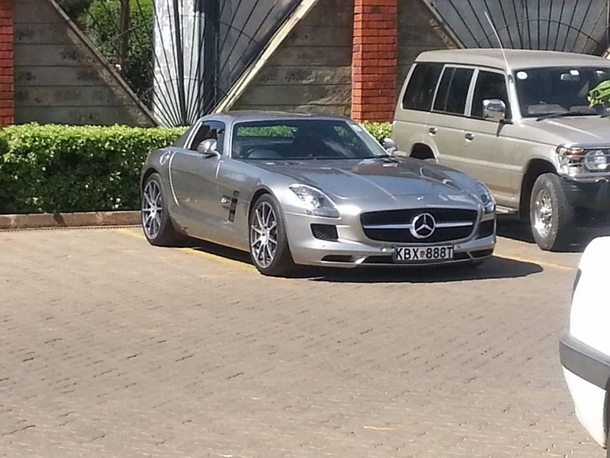At least 1,400 people have died in two years in ever-increasing boda-boda accidents.
Some 1,956 others have been seriously injured, while 634 people have sustained slight injuries between January 2015 and January 2017, when 1,399 died.
These deaths from motorcycles are half the average annual deaths – 3,000 – on roads, a disturbing finding that the National Transport and Safety Authority is scratching its head over in search of a solution.
The authority blames the grim statistics on impunity, disregard of the law and difficulty in implementing regulations.
“This is an industry that is really worrying us. And you see, these people see their colleagues die and they know that if they had a helmet, or followed simple road rules, they would have survived. I don’t know why they do it,” the authority’s director-general, Mr Francis Meja, told the Nation at his office in Upper Hill, Nairobi.
Boda-boda have become a panacea to traffic jams in the city, and in areas where roads are chock-a-block with vehicles.
Mr Meja said the deaths should be a warning to Kenyans and riders who ignore the law.
In January 2017 alone, killer motorbikes took the lives of 44 Kenyans, 33 riders and 11 passengers.
This is an average of one rider a day lost in an industry that desperately needs regulation.
In the same month, 49 riders were seriously injured while 12 had slight injuries, the authority reports. And with over 274,685 motorcycles registered in the two years under review, the statistics could only increase.
BEEN RISING
The numbers have been rising from 2015 when 434 motorcyclists and 203 passengers died.
But the 2016 figures were by far the highest, with 501 riders losing their lives, while 217 passengers also died.
Mr Meja said: “Kenyans have allowed impunity to take root. And the most worrying part is that they do not care until there is a problem, and even then they care only for a moment.”
“Before an accident happens, many other things happen that lead to it,” he said.
He said some riders do not have licences, while others have never trained to ride a motorcycle.
The problem, he said, should be placed squarely on the shoulders of motorcycle owners.
“The owners sit in offices and set targets for the riders. They need to take responsibility when these things occur. Also, they should ensure each motorcycle has two helmets,” said Mr Meja.
With these grim statistics, why has the safety authority not cracked the whip? Mr Meja is worried that regulations are being flouted left, right and centre.
“The boda-boda is an important business. But it must be regulated. The riders must work in a safe manner,” said Mr Meja.
He said: “The question we are grappling with is, should we allow the industry to grow further or should we organise it first?”
He did not provide the answer. He should have.



![[PHOTOS] Top 20 Used Cars to Avoid Buying in Kenya](../../../blog/wp-content/uploads/2013/11/top-used-unreliable-cars-to-avoid2-80x60.jpg)



![Here are some of the best tuned cars in kenya by state of the art garages [PHOTOS]](../../../blog/wp-content/uploads/2013/11/29402_10151301757042065_340470732_n-e1384498044289.jpg)

![[PHOTOS] Top 20 Used Cars to Avoid Buying in Kenya](../../../blog/wp-content/uploads/2013/11/top-used-unreliable-cars-to-avoid2-100x70.jpg)



